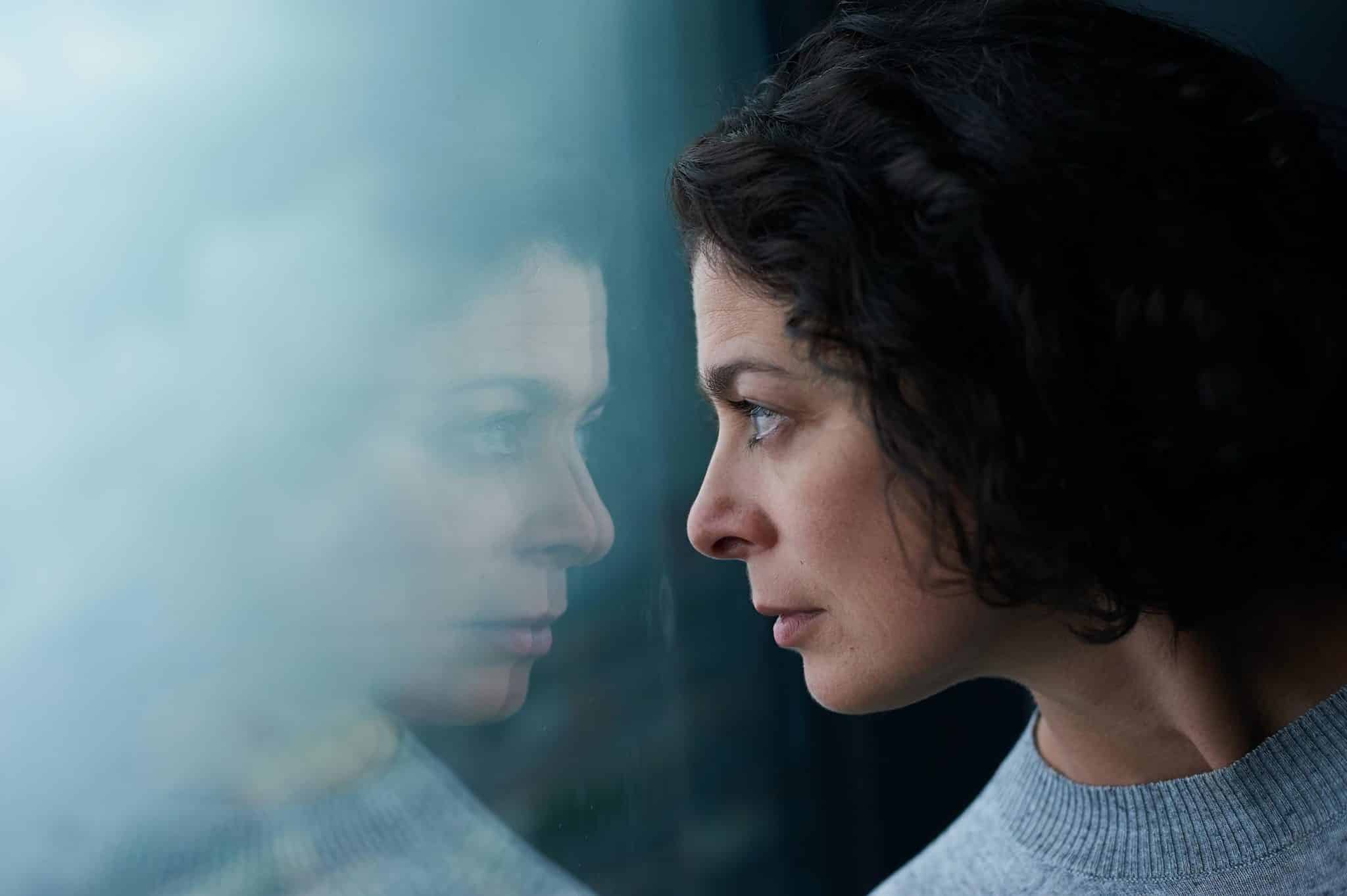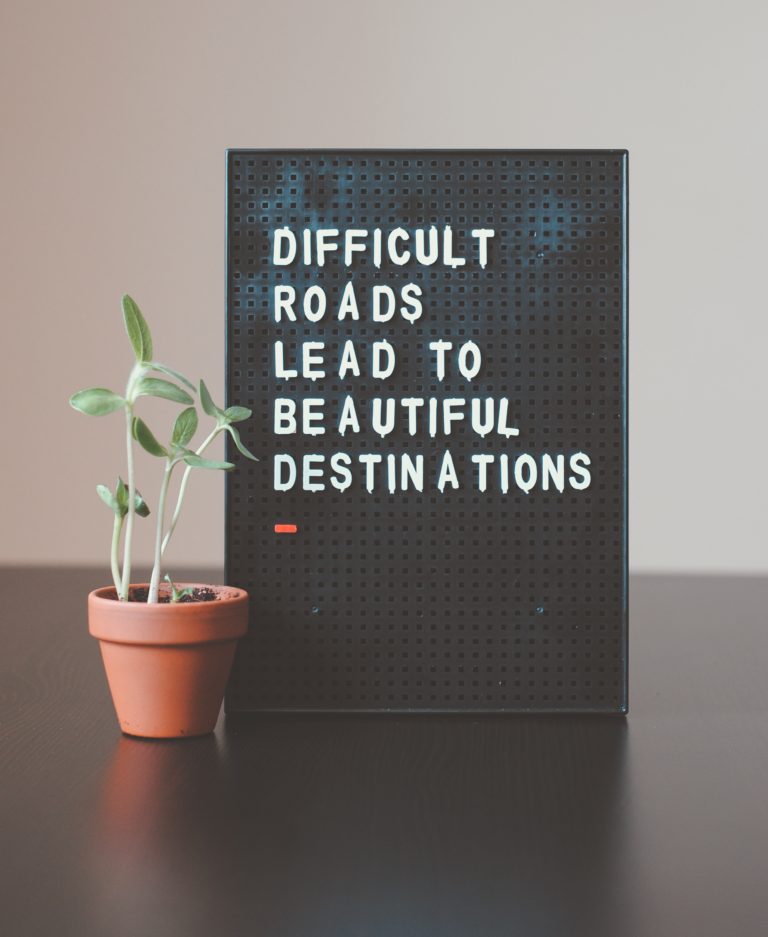Difficulties faced during childhood can impact us greatly as adults. Our emotional wounds can eventually impact our family, children, and how we confront obstacles in life. Our emotional wounds growing up have a huge imprint on our development. This can affect us in many ways, such as how we cope with stress, our fears of being abandoned, not wanting others to have control, or even feeling like we are not good enough.
We must gain the knowledge of our emotional wounds in order to create a more fulfilling life, well-being, and to heal from our wounds so that others and our own children are not affected by them as well. Sometimes when we experience pain, loss, fear, or abandonment as a child, these memories are stored deep inside our brains, and we may even forget them.
It is important to take the time to understand the things we faced growing up and the emotional wounds we have not addressed, accepted, or healed. If not addressed, these wounds can affect us for the rest of our lives and even the lives of our children because of the way we will raise them. Have you been hurting for a long time emotionally and things just are not getting better? It is never too late to change, emotional healing is possible, but it is up to you to take the proper steps to help yourself heal.

Examples of emotional trauma
- Loneliness or Abandonment
When we grow up after being abandoned, we fear others will leave us as well. This makes it difficult to build connections with people out of the fear of being abandoned again. This can occur from our parents being physically or emotionally absent. This can create codependency in future relationships. This creates a flight mode so that one is always on edge and ready to be the first to leave a situation. This abandonment can create unseeable barriers.
- Betrayal
When an individual is betrayed, especially by an adult figure or caretaker, this creates a lack of trust. Being disappointed by our own expectations could have occurred. This can lead to difficulty with not being in control/trusting others. This can lead to little self-worth in adulthood. This mistrust can lead to wanting control so that things go as planned.
- Exclusion
When we experience exclusion, this can cause us to create exclusion within ourselves. We may have been excluded by friends or even family, which makes us think that we are not good enough, or that we are unworthy of love, care, and friendship. When we are not accepted for who we are, this can create a large amount of fear. Those that experience exclusion typically choose to stay to themselves because of feeling unworthy of love. This can lead to an individual ghosting relationships.
- Embarrassment/Humiliation
When we are embarrassed constantly growing up, we may think that we are bad kids. This embarrassment could consist of being bullied or made fun of. When we are constantly fearing that we are not enough or that we are not doing the right things, this creates low self-esteem. This may lead to people-pleasing as adults, as well as the need to put others needs before our own.

Things to know to heal your emotional wounds
- In order to live a better life, you do not have to heal emotional wounds 100%.
- Take little steps each day, it is not a race when making changes.
- Be patient with yourself and do not give up.
- Be realistic with your expectations as to not become overwhelmed or disappointed.
- Accept that things do not go as planned, there can be setbacks.
- Be willing to ask for help even if you do not want to, a therapist, counselor, or social worker can help tremendously.
- Do not avoid your past and actually process these feelings and memories.
- Use self-compassion and care often to not become burnt out.
Know that we all face emotional wounds that we need to address. Do not let your past affect your future. Take into consideration how you wanted to be treated growing up and be willing to give that to your own children and/or partner. Emotional wounds can be healed if you take the necessary steps to do so. If you or someone you know has experienced emotional wounds that they still have effects from today, then do not be afraid to reach out to a trained counselor or therapist for help. Be kind to yourself always, healing takes time.




